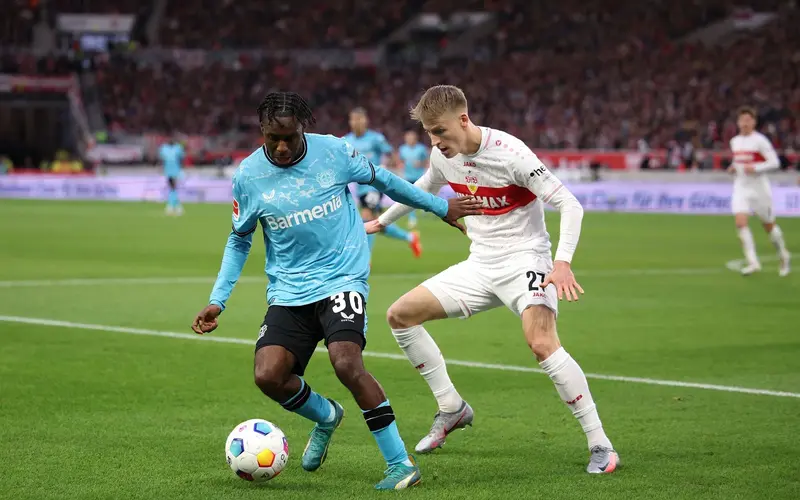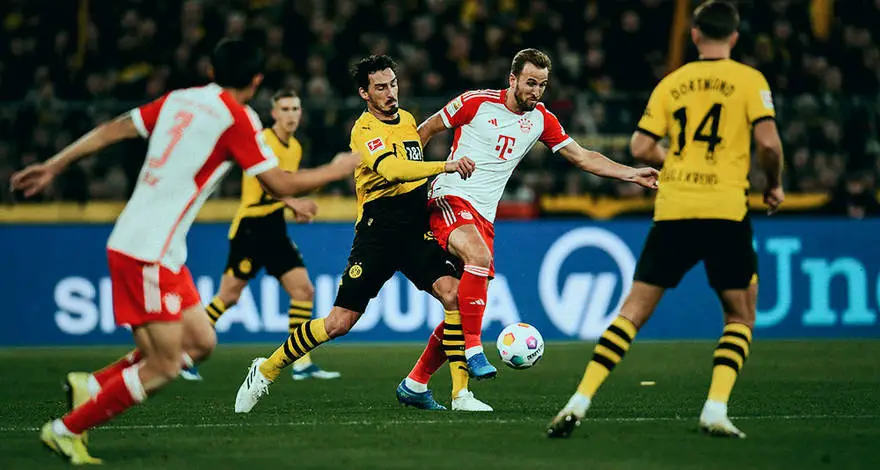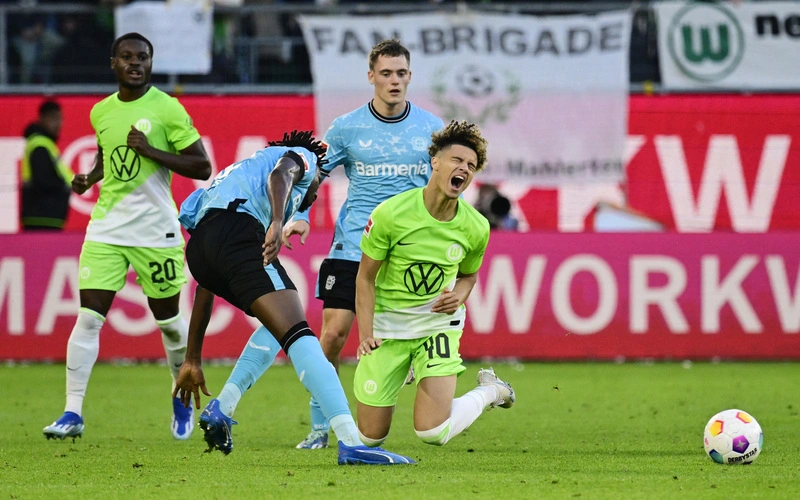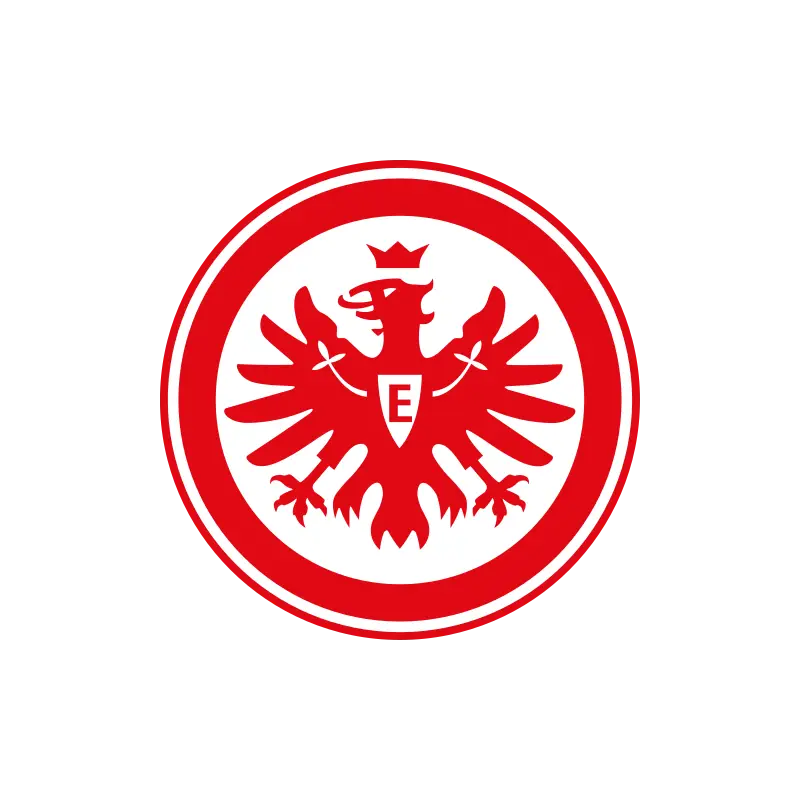Bundesliga Standings
German Bundesliga Standings
Understanding Bundesliga Standings
The German Bundesliga has a format not too dissimilar to the other top five European leagues. It’s the only top-five league with 18 teams, but it’s similar in the sense that teams play each other both home and away, following a double round-robin.
In the Bundesliga standings, three points are given for a win, one is awarded for a tie, and zero points for a loss. In league matches, there is no extra time, so each and every 90-minute result is final.
The Bundesliga’s promotion/relegation structure is similar to Ligue 1’s.
German Bundesliga Rankings
After 34 Bundes matchweeks, the club who finishes the season with the most points is the league champion. Tiebreakers between teams in the standings are broken by goal difference and goals scored.
At the end of the season, the Bundesliga relegates the bottom two teams in the standings to the second-tier 2. Bundesliga.
The top two German teams in the 2. Bundesliga standings are then automatically promoted to the first tier. The team that finishes 16th in the Bundesliga competes in a two-leg, home-and-away playoff against the team that finishes third in the 2. Bundesliga to determine who will play in the first tier the following Bundesliga season.
Bundesliga Standings Format
Late-season Bundesliga scores and standings are crucial not just for title contenders. Often, soccer teams in the relegation battle have an uptick in form as they fight for their Bundesliga lives.
The top-six teams also qualify for European competitions so that’s where clubs want to be, come season’s end.
Four Champions League group stage places are awarded to the top-four Bundesliga teams. Fifth-place plays in the Europa League group stage and sixth place is sent to the third-tier UEFA Conference League.
The team who wins the DFB-Pokal, if they’re outside of the top-five, also qualifies for the Europa League.
Recent Bundesliga standings and scores are taken into account by point spreads for each match.
Tiebreakers
In case two or more teams finish the season with the same number of points, the following tiebreakers are applied sequentially to determine their ranking:
a. Goal Difference: The team with the better goal difference (the difference between goals scored and goals conceded) is ranked higher.
b. Goals Scored: If the goal difference is the same, the team that has scored more goals is ranked higher.
c. Head-to-Head Record: If the teams still cannot be separated, their performance in head-to-head matches is considered.
d. Away Goals: If the head-to-head record is inconclusive, the team that scored more goals away from home in head-to-head matches is ranked higher.
Previous Champions:
Over the course of its existence, the Bundesliga has seen fierce competition, with 56 different clubs taking part in its matches. Among these, Bayern Munich shines as the dominant force, securing an astounding 32 out of 60 total titles. Impressively, Bayern Munich has clinched the last eleven consecutive seasons, establishing a European record for sustained success in a single league. Although Bayern Munich’s reign has been prominent, the Bundesliga has also witnessed other champions like Borussia Dortmund, Hamburger SV, Werder Bremen, Borussia Mönchengladbach, and VfB Stuttgart, each contributing their share of memorable seasons.
Notable Aspects:
One remarkable aspect of the Bundesliga is its consistently high average attendance, making it the world’s most attended association football league. With an average of 45,134 fans per game during the 2011-12 season, the Bundesliga ranks second-highest in terms of attendance across all sports, trailing only the American National Football League. The league’s global appeal is further demonstrated by its broadcast in over 200 countries.
The Bundesliga’s significance extends beyond domestic competitions, garnering recognition as one of the top national leagues in Europe. Additionally, the league has earned the distinction of leading the UEFA ranking from 1976 to 1984 and in 1990, showcasing its impact on the international stage.
The Bundesliga has consistently produced top-rated clubs, with its teams securing various continental titles. Bundesliga clubs have secured eight UEFA Champions League titles, seven UEFA Europa League titles, four European Cup Winners’ Cup titles, two UEFA Super Cup titles, two FIFA Club World Cup titles, and three Intercontinental Cup titles. Individually, Bundesliga players have claimed nine Ballon d’Or awards, two The Best FIFA Men’s Player awards, four European Golden Shoe awards, and three UEFA Men’s Player of the Year awards, including the prestigious UEFA Club Footballer of the Year award.



















